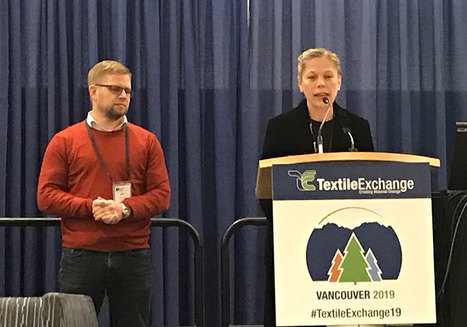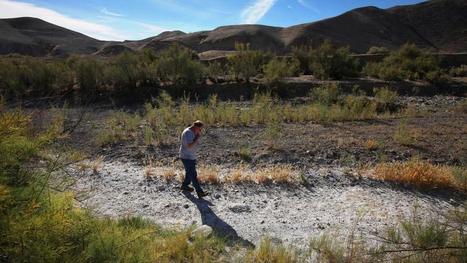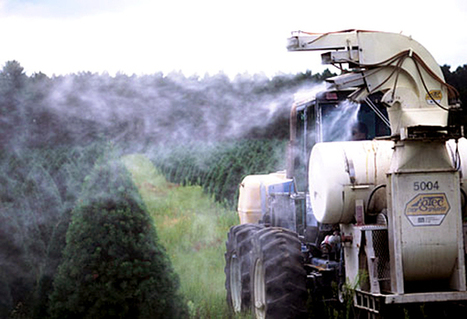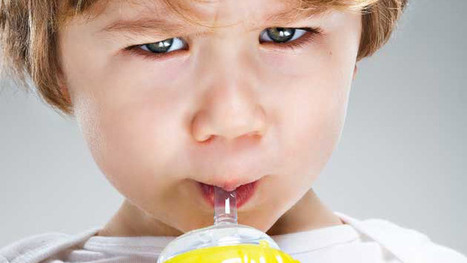At the Textiles Exchange event being held here in Canada, the two retail giants told delegates how they ran over 8,000 tests on cotton textiles that were randomly collected from recyclers in Europe, finding that over 20 per cent of post-consumer samples contained APEO’s, around 10 per cent of the these samples also contained formaldehydes, with detectable levels of heavy metals, organotins, PAH (polyaromatic hydrocarbons) and phthalates also present. Actual detection rates were not disclosed.
“Recycled materials are key elements in a circular economy. However, increasing the use of recycled materials whilst ensuring that we keep these textiles free of toxic chemicals presents a challenge for the industry,” noted Anna Biverstål, Global Business Expert on Materials at H&M Group.
The two companies hope that other brands and retailers will join their efforts and say that the results will be disclosed freely for the industry to use as they branch out investigations into polyester and wool-rich textiles.
Via EcoVadis



 Your new post is loading...
Your new post is loading...




















